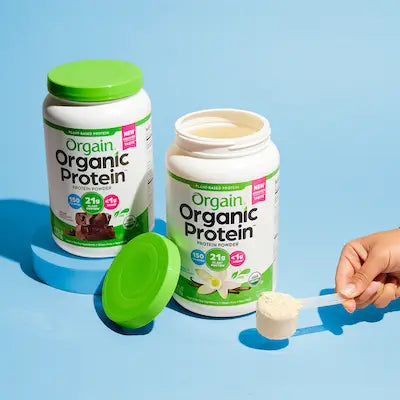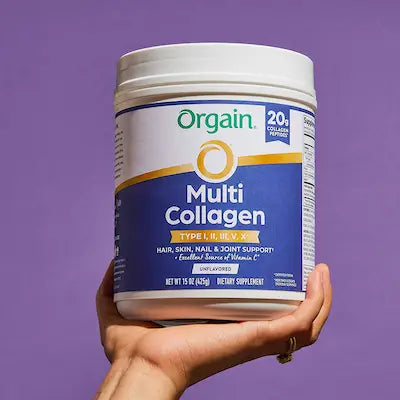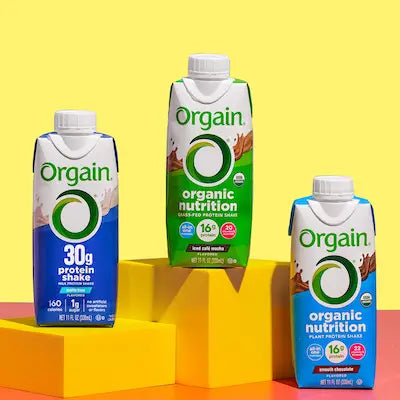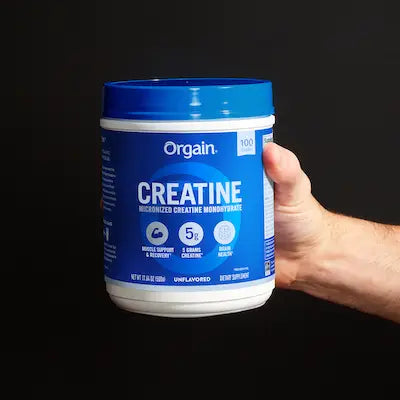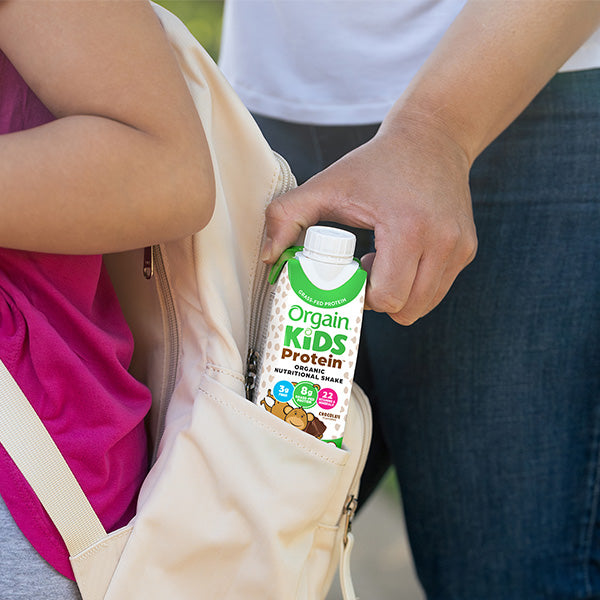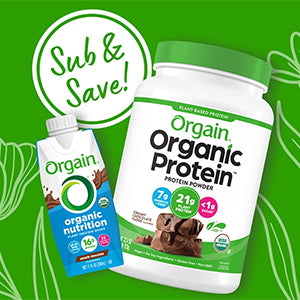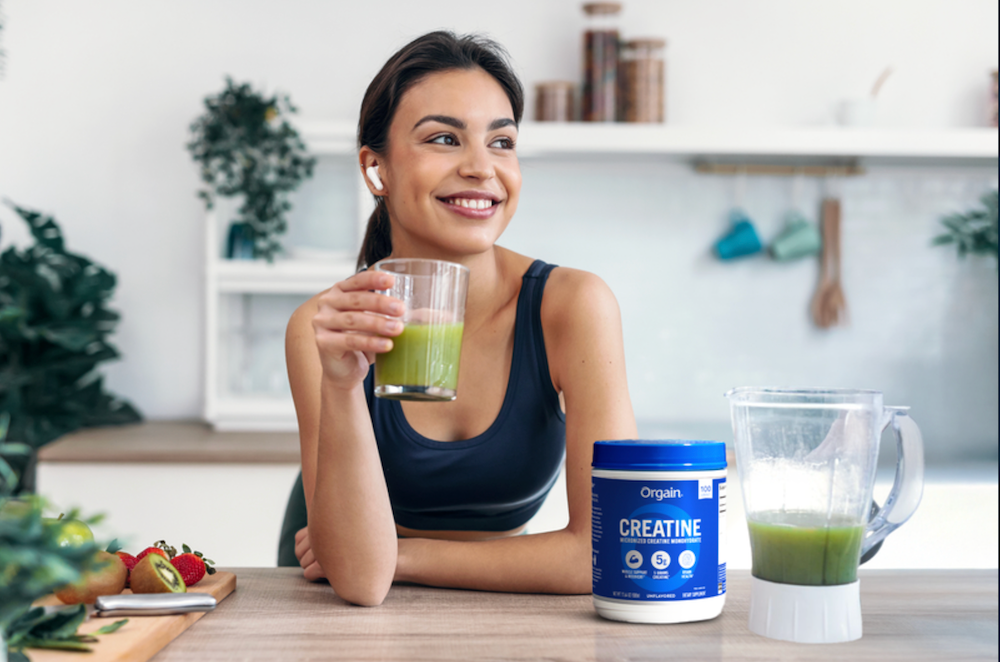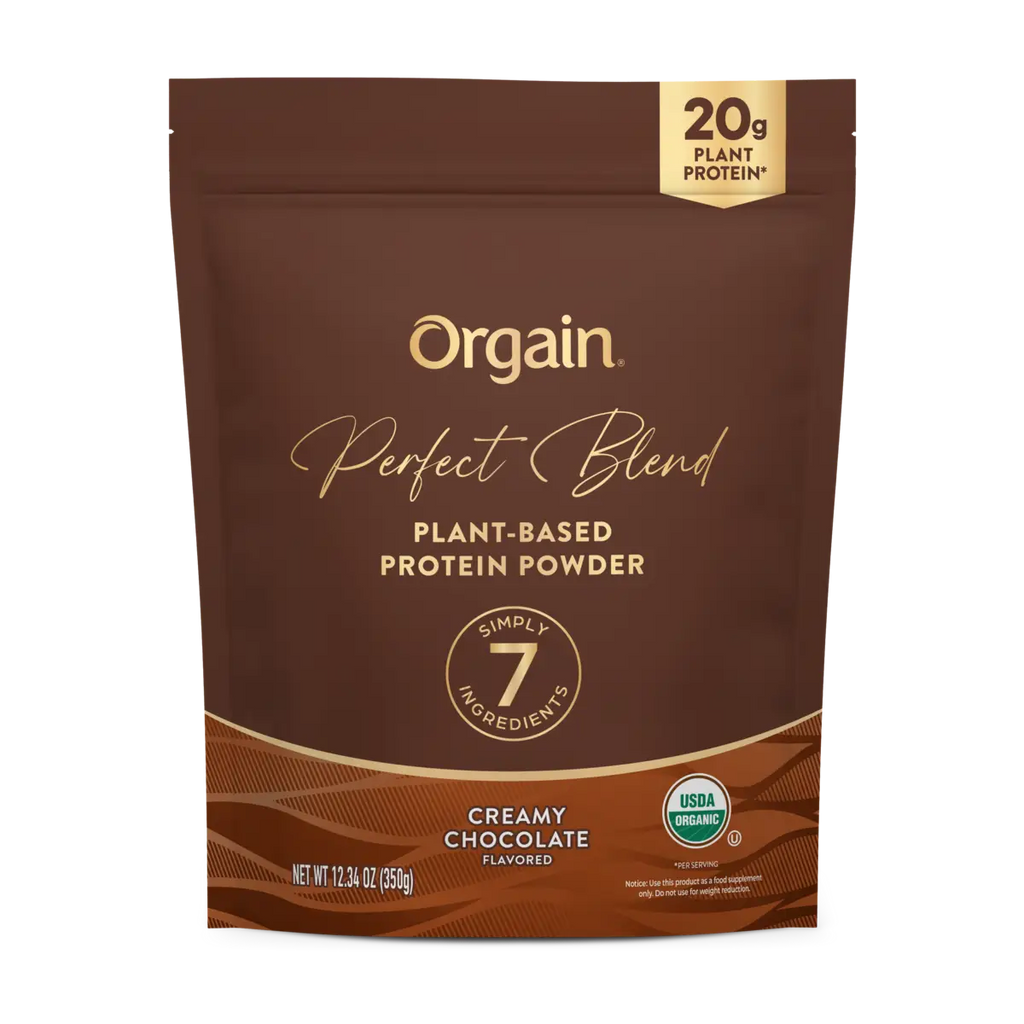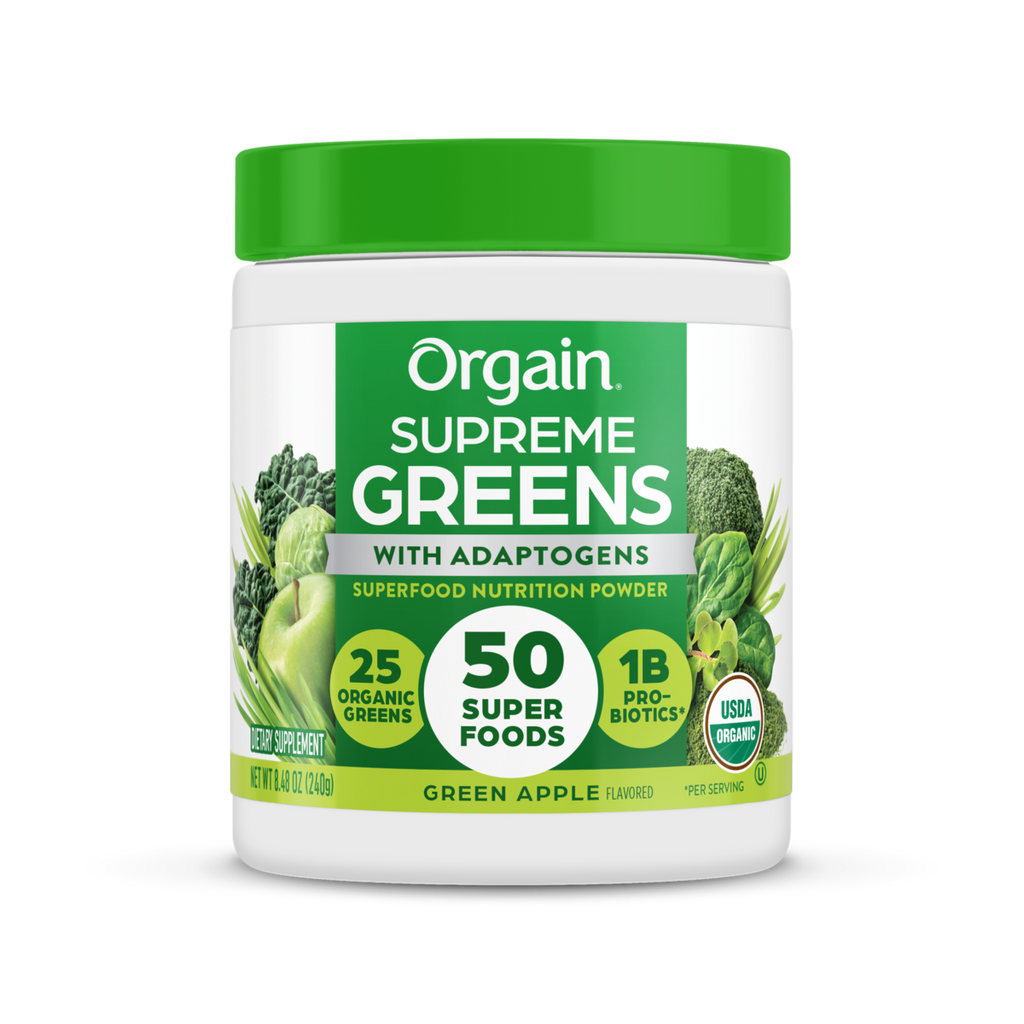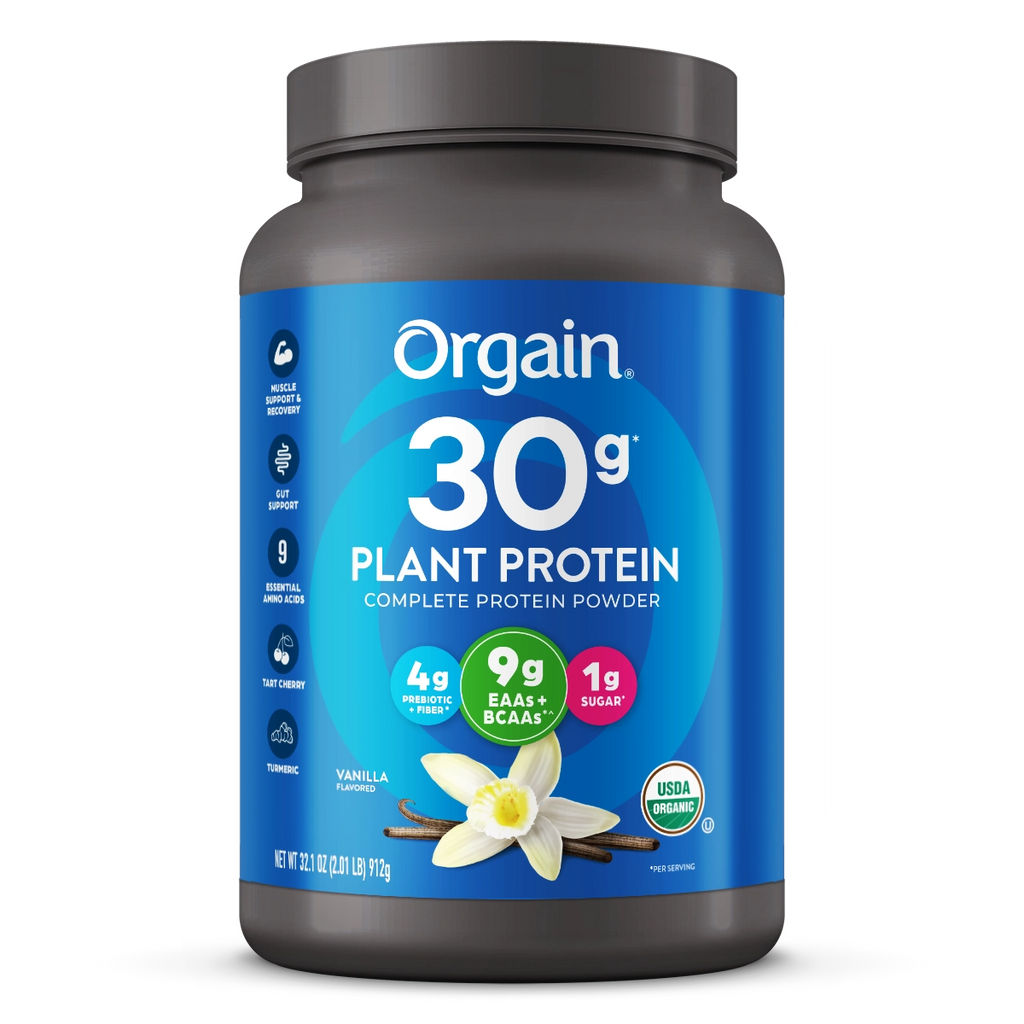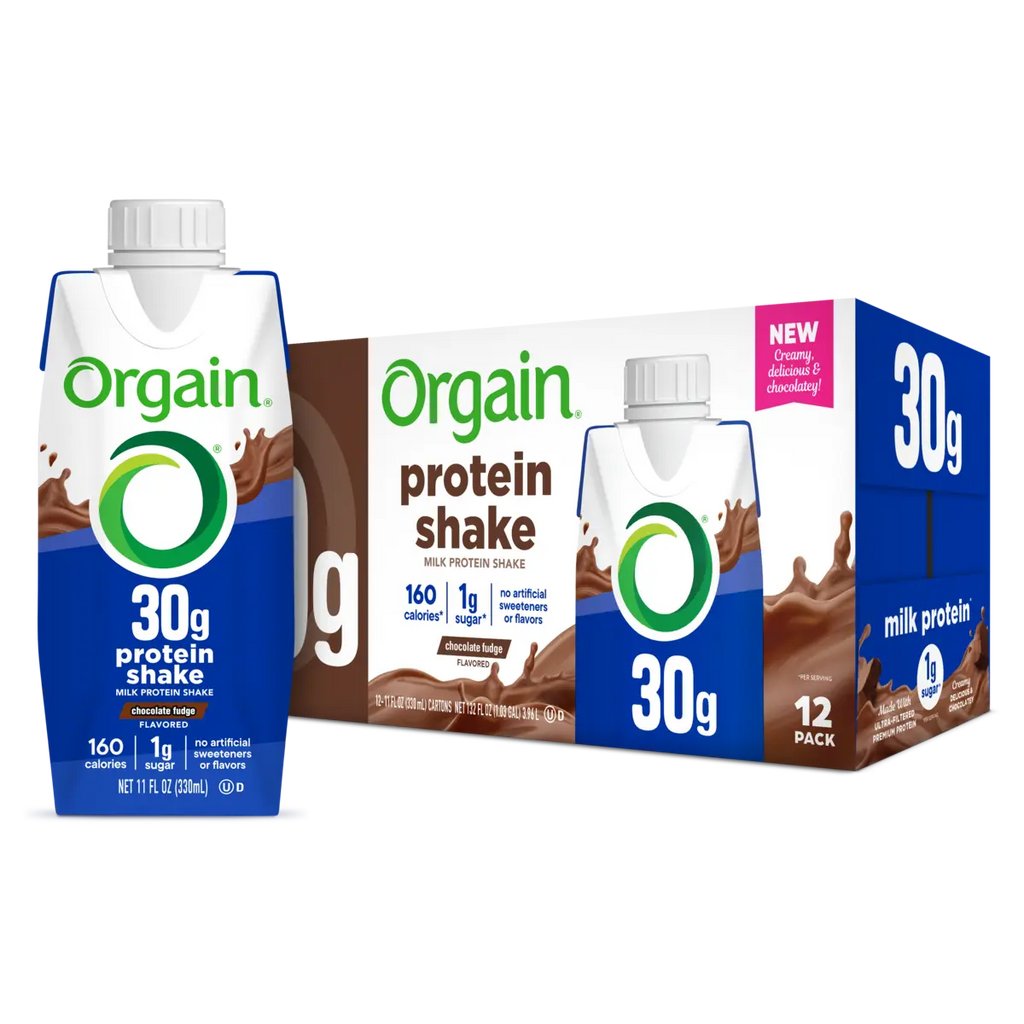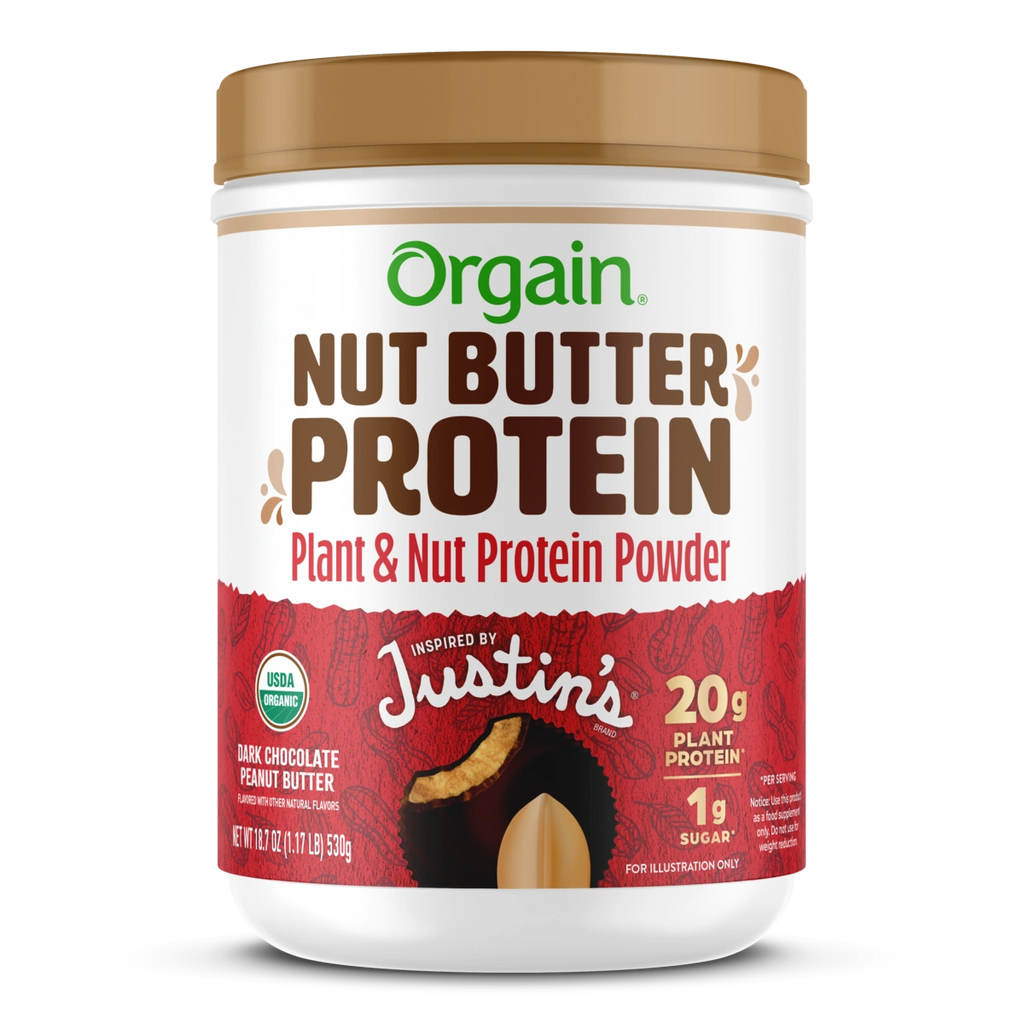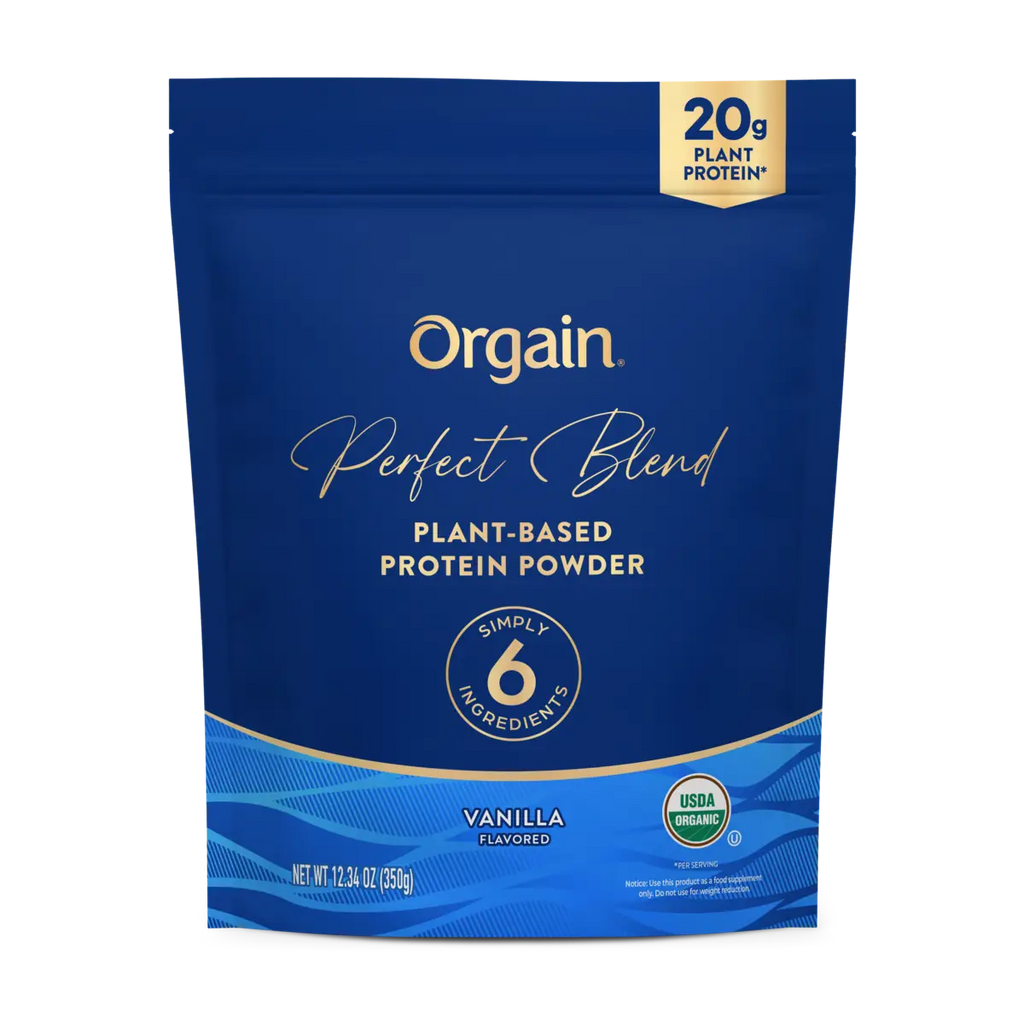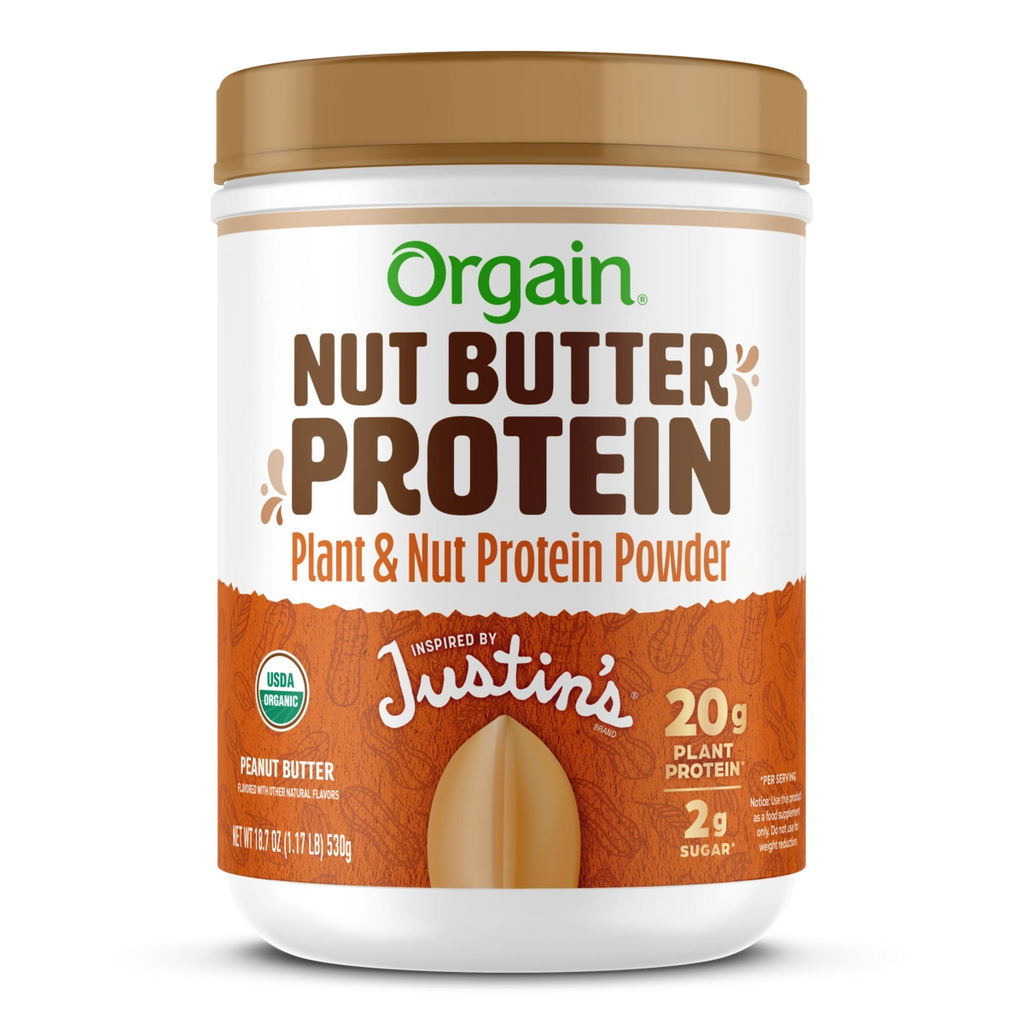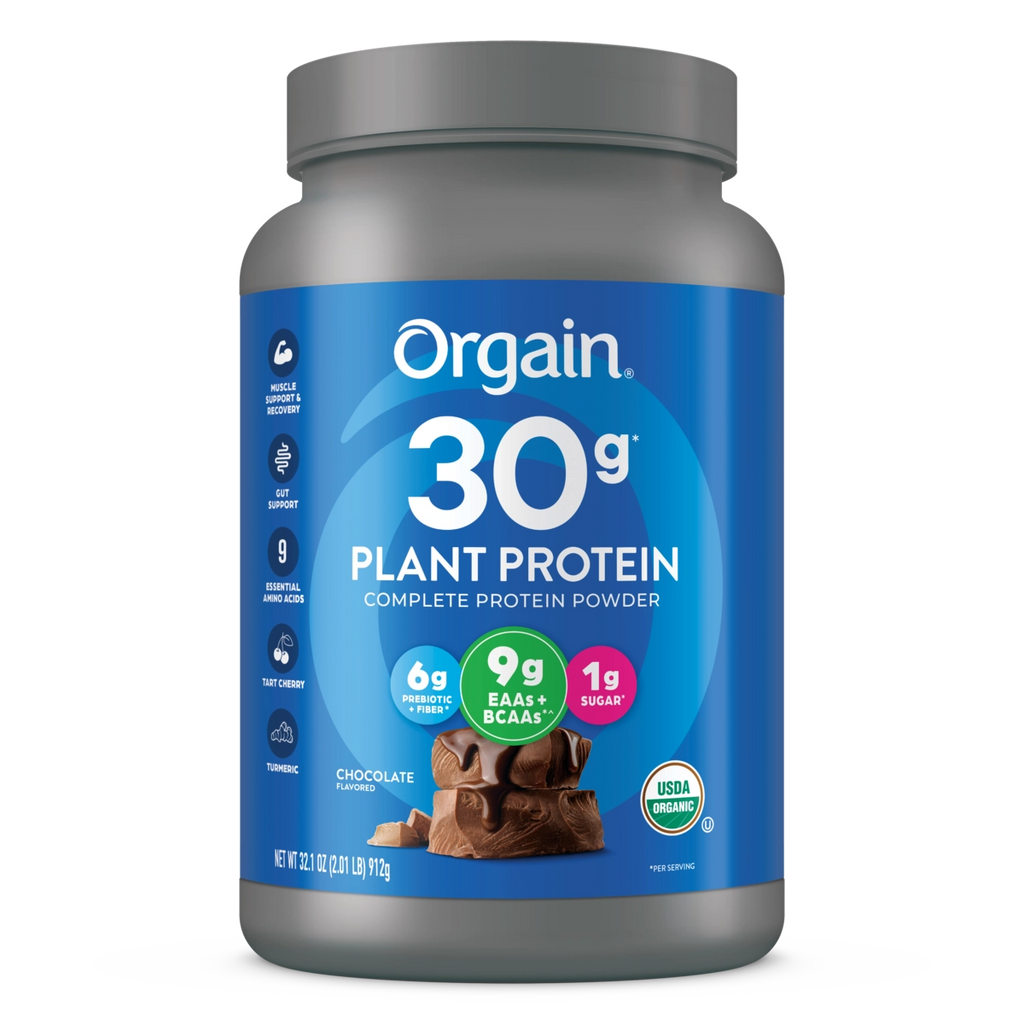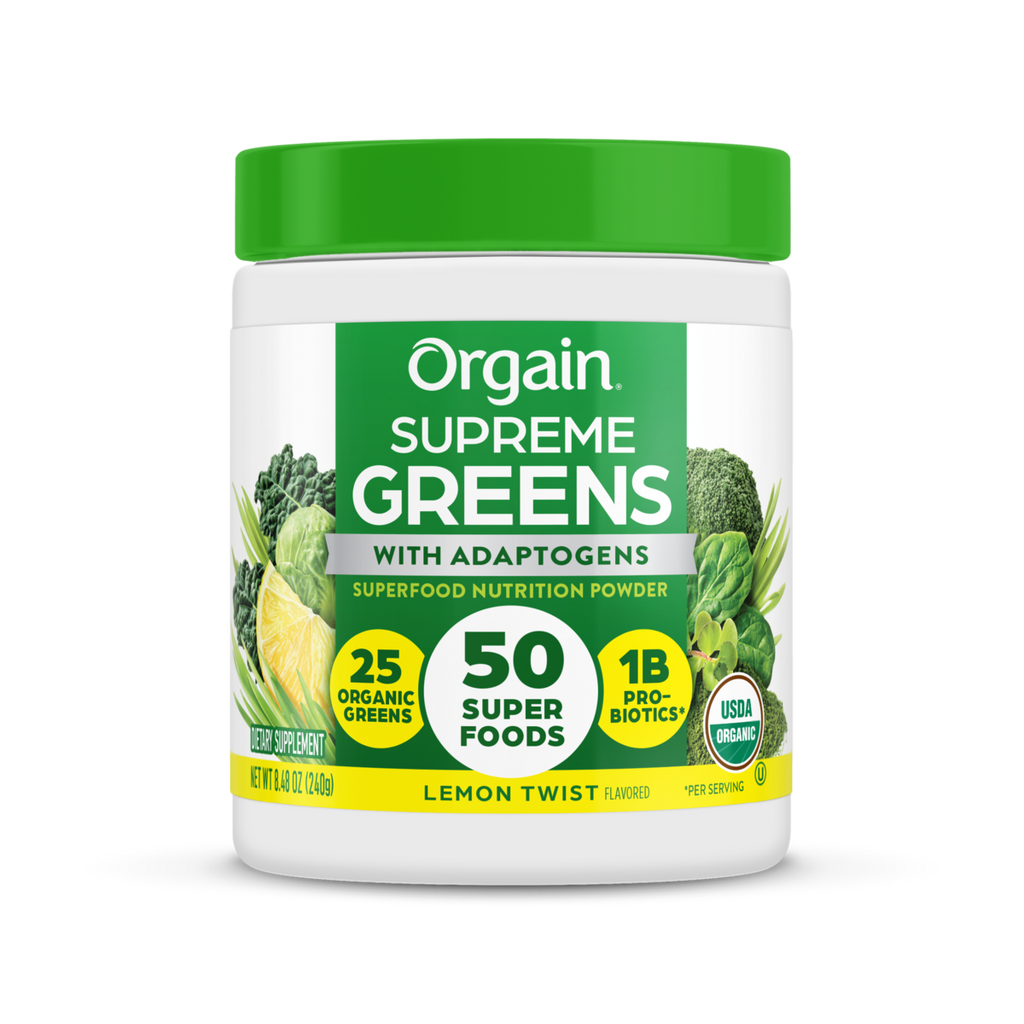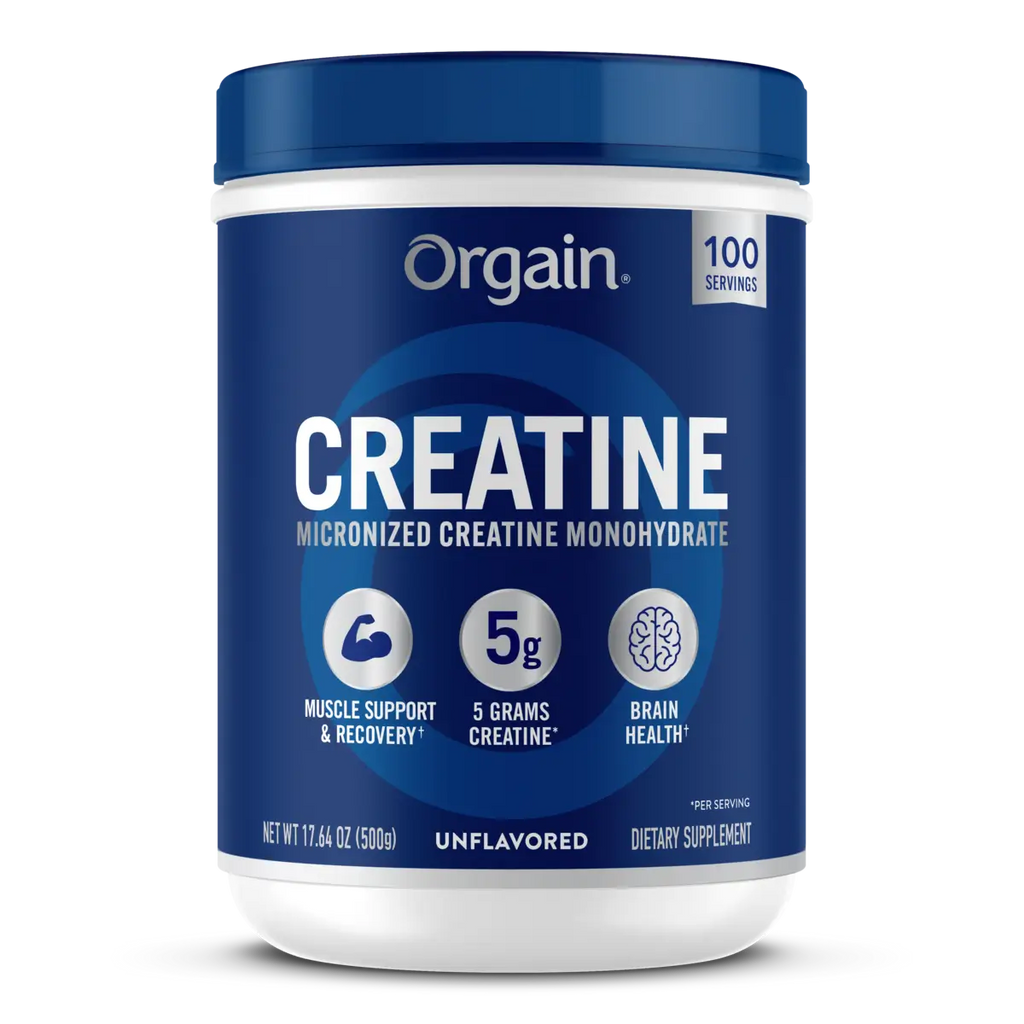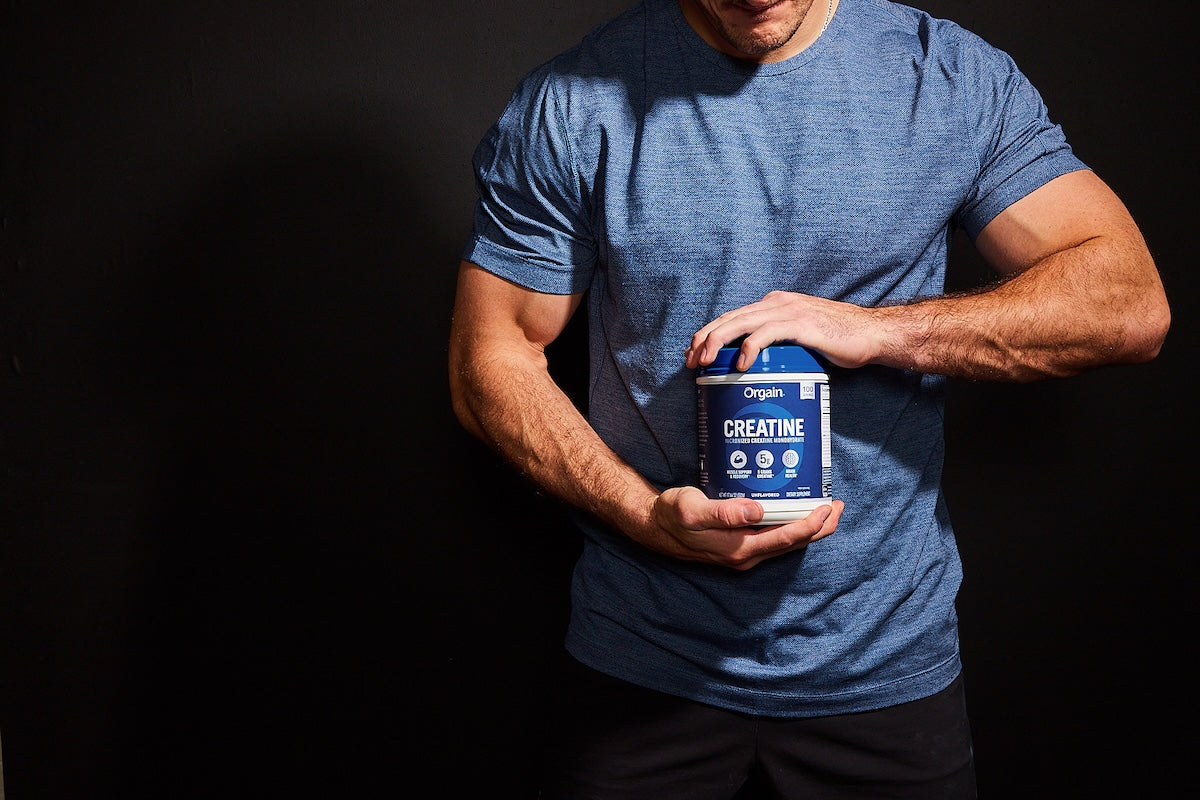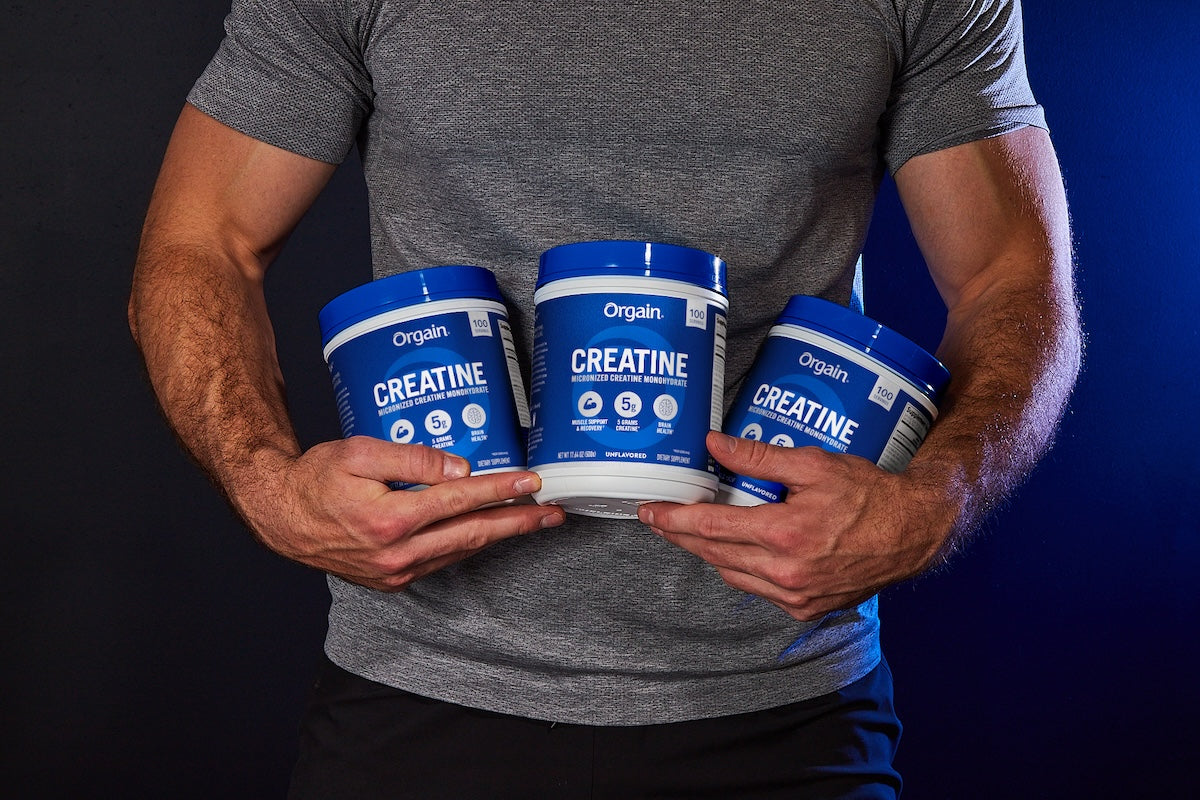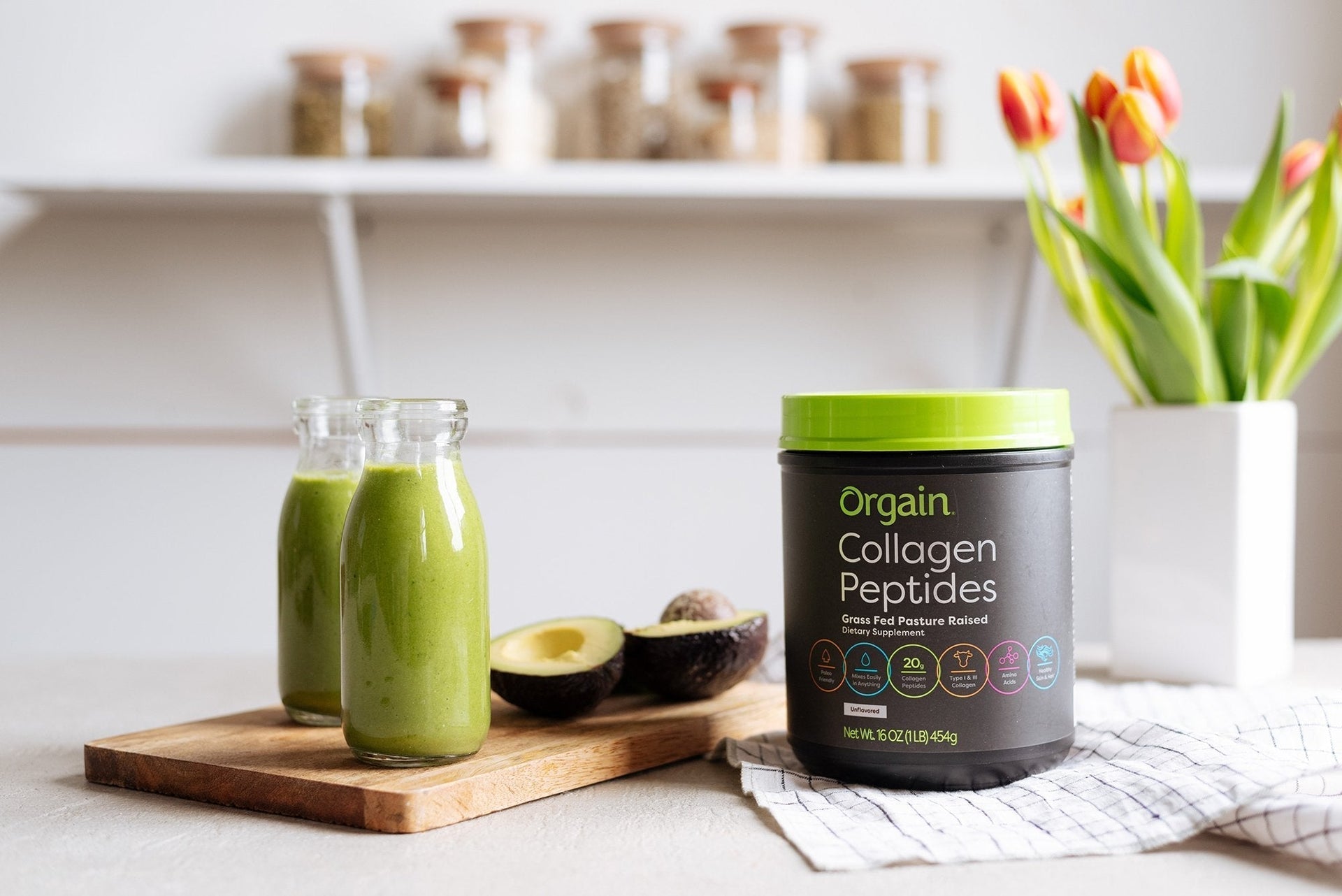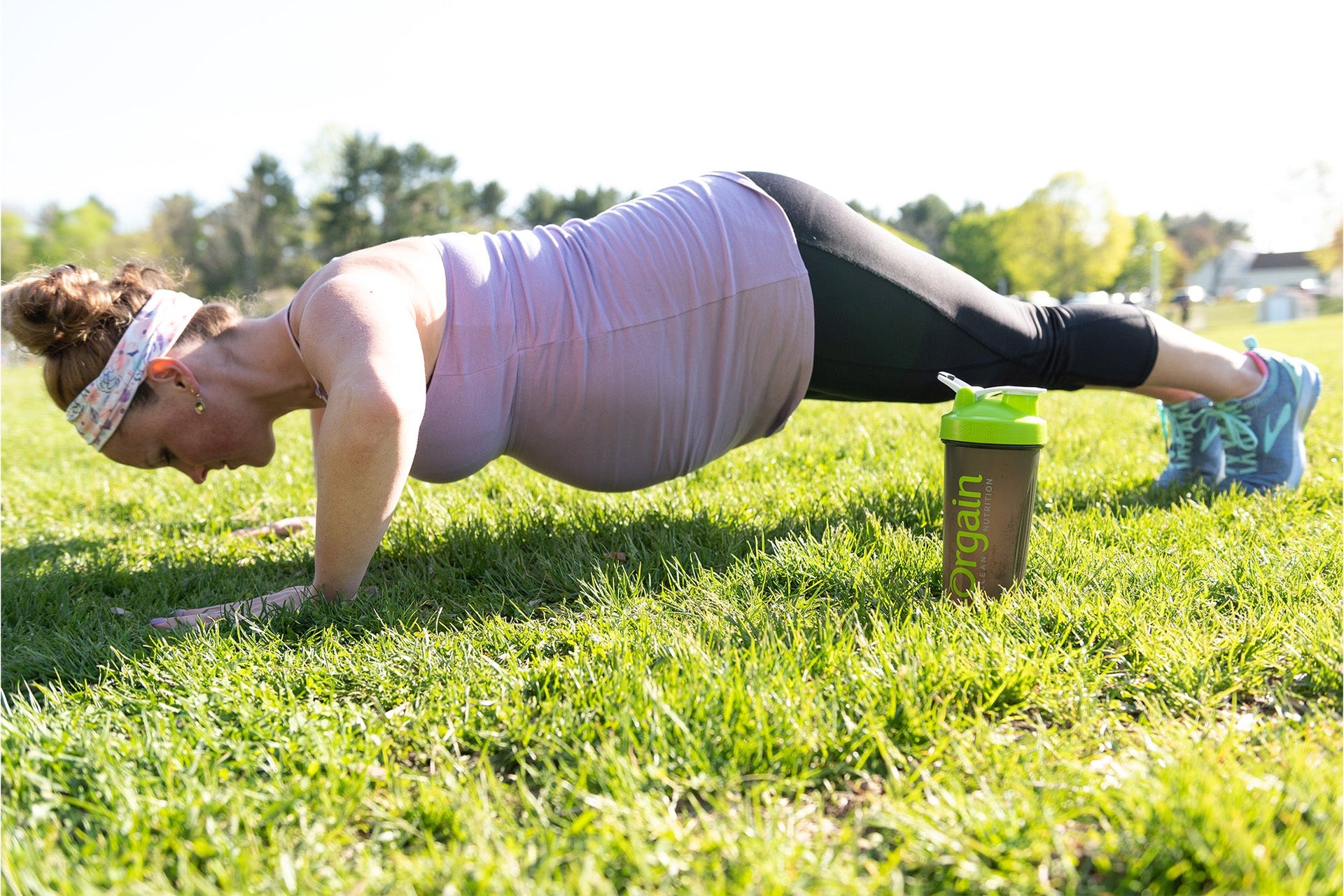Creatine for women isn’t just a passing trend—it’s becoming a widely accepted and science-backed addition to many women’s health and wellness routines. Once thought to be only for bodybuilders or men trying to bulk up, creatine is now recognized for its broader benefits, from boosting physical performance to increasing cellular energy levels, and even supporting brain health.
As more women prioritize strength training, recovery, and overall vitality, creatine is showing up as a simple but powerful tool. It’s tasteless, easy to mix, and well-tolerated by most. And because it supports more than just physical gains, it’s catching the attention of not only athletes and fitness enthusiasts, but also healthcare providers and nutrition experts alike.
Creatine for Women: Breaking the Myths
Creatine has long been misunderstood. Myths around bulkiness, weight gain, and “bro-only” benefits have kept many women from experiencing creatine’s benefits. The truth? Creatine is one of the most studied, safe, and effective supplements available.
Let’s debunk some popular creatine myths—once and for all and answer the question, “What does Creatine do for Women?”
-
“Creatine will make me bulky.”
One of the most persistent myths about creatine for women is that it causes bulky muscles. In reality, creatine supports muscle development and strength—not excessive size. Creatine simply helps you train harder and recover faster, leading to a stronger, more toned physique over time. -
“Creatine is only for men!”
Creatine isn’t just for men. In fact, creatine benefits for women include faster recovery, improved muscle endurance, enhanced strength, and even brain health support. Whether you’re lifting weights, doing HIIT cardio, taking a challenging Pilates class, or dealing with typical daily tasks, the benefits of creatine go well beyond the gym.
-
“Creatine makes you gain weight.”
Some may see a small increase in weight when starting creatine consumption, due to water retention in muscles. This is not fat gain; it’s a sign that creatine is working to hydrate and fuel your muscles efficiently, enhancing performance, endurance, and strength.
When used consistently and correctly, creatine can support lean muscle, faster recovery, better workouts, and even brain health. It’s time to ditch outdated myths. Whether you're an athlete or simply aiming to feel your best, creatine can be a smart, evidence-based addition to your daily wellness routine. So, is creatine good for you? We think so—and not just physically but mentally too!
Best Creatine for Women
Wondering about the best creatine for women? Should you consider creatine gummies vs powder? Well, the answer is simple: creatine monohydrate powder is the most effective, affordable, and extensively researched form on the market. For women, it offers reliable results without unnecessary extras.
Micronized creatine monohydrate is especially appealing—it dissolves more easily in liquids and may be gentler on the stomach. While some brands market flavored powders or creatine gummies, these often contain added sugars, artificial sweeteners, or fillers that may not align with everyone’s supplement and nutrition standards.
If purity and performance are priorities, stick with an unflavored, single-ingredient creatine monohydrate from a trusted brand. It’s versatile, budget-friendly, and clinically backed—making it the gold standard for women looking to elevate their health and fitness. If you prefer a flavored format, look for one that maintains the same high standards—clinically backed, clean, and effective.
How Much Creatine Should I Take?
If you're thinking, “How much creatine should I take?” or “How many grams of creatine a day is ideal?”—the most common recommendation is 3–5 grams per day. This clinically supported dose helps build and maintain optimal creatine levels in the body, supporting strength, recovery, and performance over time.
Some people choose to start with a loading phase: 20 grams per day (split into 4 doses) for 5–7 days, followed by a daily maintenance dose of 3–5 grams. While this method can accelerate muscle saturation and lead to quicker results, it may also lead to mild digestive discomfort for some—especially if large doses are taken all at once.
A slower approach—skipping the loading phase, going directly to the 3-5 grams maintenance dose—still achieves full saturation within about 4 weeks and may be easier on the stomach. Whether you load or not, leveraging the right dosage can help maximize creatine’s impact without overwhelming your system. Keep in mind that hydration is important during this period, as creatine draws water into the muscle cells.
Creatine Before or After Workout for Women?
A common question is: Should I take creatine before or after workout? While both are beneficial, research suggests that post-workout consumption—when paired with protein or carbohydrates—may offer slightly better absorption. And as a side note, this answers a very popular question of late, being, can you mix creatine with protein powder? The answer is a very simple and unequivocal yes. Just be sure to consume your shake within a couple of hours, or the creatine may begin to lose some of its benefit.
That said, the best time to take creatine is whenever it naturally fits into your day—after a workout, with breakfast, or even before bed. Timing matters less than habit. To fully unlock creatine benefits for women, focus on making it part of your daily routine. Regular use—even on rest days—supports not just physical performance but brain health too.
Finally…
We’ve explored much of what women should know about creatine—from how it works to why it’s beneficial beyond just building muscle. We addressed key questions like how much creatine per day is ideal (typically 3–5 grams), and explained how both a loading phase and steady daily dosing can lead to full muscle saturation.
We also looked at timing—answering the question of “Should you take creatine before or after a workout?”—highlighting that while post-workout may offer slightly better absorption, the most important factor is consistency.
And despite recent buzz around creatine gummies vs powder, creatine monohydrate powder remains the gold standard. Micronized creatine, in particular, offers enhanced solubility, making it a great choice for women seeking simplicity, performance, and easy mixing—whether in water, smoothies, or post-workout shakes.
We also debunked some of the most common myths and highlighted a growing list of benefits, from better workouts and faster recovery to brain support.
So, all-in-all, creatine offers a safe, effective, and well-researched addition to nearly any woman’s health and wellness routine.

